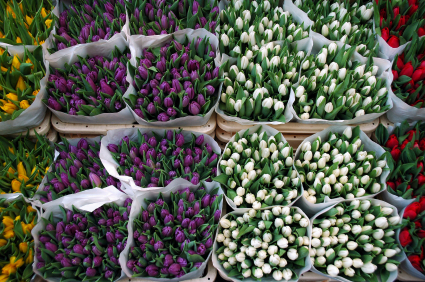
When does your year begin? My husband is an academic, and all his life, September has marked the start of the year. So since our marriage, the end of summer has inevitably marked the start of something for me, too. And some of us never lose the foreboding that accompanies the start of a new school term. French kids are no different, fending off despair at the approach of la rentrée—literally, the reentry, as if summer were a trip to the moon.
The corporate world’s fiscal years also don’t always match the calendar year. For decades my year, at least professionally, has been defined as an annual budget. C’est normal: making order from the chaos of our time is quite human as long as we remember that each order we invent serves a particular master.
For thousands of years before electrical power, nature ruled overtly. The days were defined by the appearance and disappearance of the sun, the year by changes in the height of its arc at midday. Springtime, when the days start gaining on the nights, was always the natural start of the year, which explains why in French it’s called printemps, the first time, and en italien, primavera. Today spring is still seen as a time of regeneration, when we wipe the cold sleep from our eyes and awaken to the elaborate interplay of new sensory stimuli: light, fragrances, tastes, sounds and new activities: bicycling, visiting the market, or choosing spring blooms. To live according to the season is to be alert to this awakening, not to sleep through it. We can’t help responding to the sunlight on our face, but there is infinitely more for the senses to register. Cultivating attention to the full spectrum of sensations affords French women a wealth of slimming experience, of compensations and distractions. Day by day, there is so much to take in, so much potential pleasure, that they become less vulnerable to mindless eating and its consequence, getting fat. That works out pretty well as the forgiving layers of winter are being peeled off.
